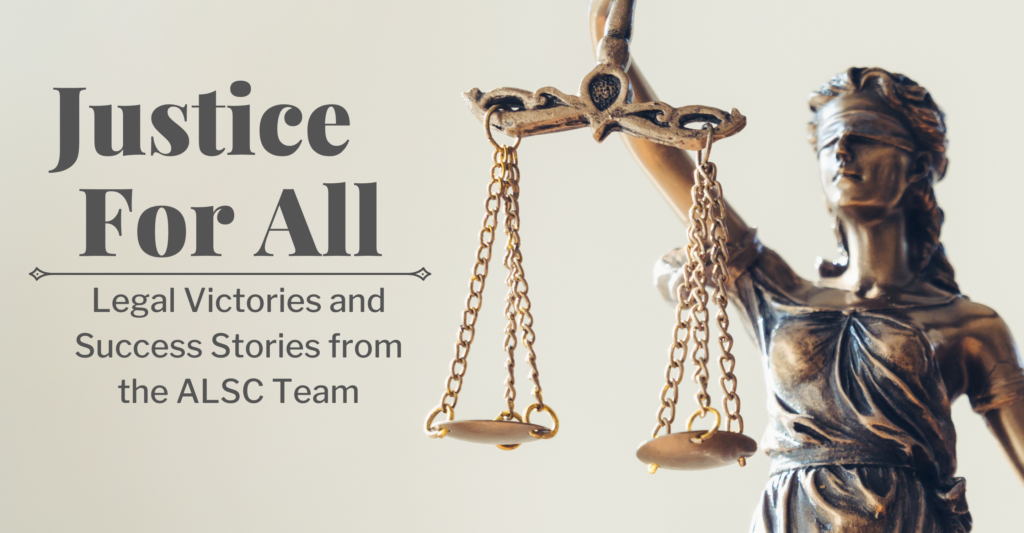
Summary: In a recent case, we helped a client whose brother passed away, leaving her grief-stricken and struggling at work. She was then fired and denied unemployment benefits, making an already bad situation worse. We successfully reinstated her benefits and in the process ensured an important protection for workers struggling with trauma. Read the full success story below.
The Client was working as a Housekeeping Attendant up on the slope. She worked a two weeks on and two weeks off schedule. Unfortunately, just before she was due to start her next hitch, her brother passed away. Her and her brother were extremely close and had leaned on each other a lot since their mother’s passing three years before. Her brother was an engineer, and just before he passed, he made her promise that she would go back up to the slope and finish her job.
So with no time to grieve or to process the loss, she tried her best to keep her promise to her brother.
She has survived a lot of significant trauma in her life which has taken a toll on her mental health. This makes processing loss even more difficult for her than it otherwise would be. When she experiences a loss, it often brings her past traumas back to the forefront of her mind. This can make most things, like waking up on time, a herculean task.
In unemployment law, being fired for tardiness is considered misconduct by default… While there are some exceptions for tardiness caused by emergency hospitalization or car accidents, there has not been an exception made for grief or mental health in the last 21 years.
Despite letting her supervisor know about her loss, our client was not offered leave or flexibility in her schedule, instead she was assigned additional work. It should come as no surprise that this all made it very difficult for her to function.
All of this came to a head the morning before she was terminated. She was unable to sleep, and instead was up until 4:00 A.M. on the phone with a family member. Together they mourned the loss of her brother and those within their community who they had lost to Covid-19. Still intending to make it work just three hours later, she overslept and missed a morning meeting. While she was able to complete all her assigned tasks that day, she was terminated for her tardiness.
In unemployment law, being fired for tardiness is considered misconduct by default. If there is a finding that a worker was fired for misconduct they are not eligible for benefits for the first six weeks, they are not eligible for extended benefits, and their maximum total benefit amount is reduced by three times the weekly benefit amount. While there are some exceptions for tardiness caused by emergency hospitalization or car accidents, there has not been an exception made for grief or mental health in the last 21 years.
As part of our representation we had our client get an updated diagnosis and supporting letter from her care provider. Armed with that letter, we fully represented her at a contested hearing in front of the Office of Administrative Hearings.
On January 4th, we got an order finding that she did not commit misconduct when she was fired for tardiness. Not only will this restore her full benefits, but it will serve to protect the benefits of future employees who are struggling with trauma.






